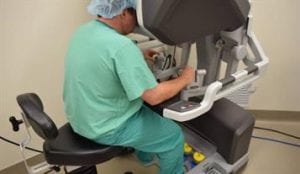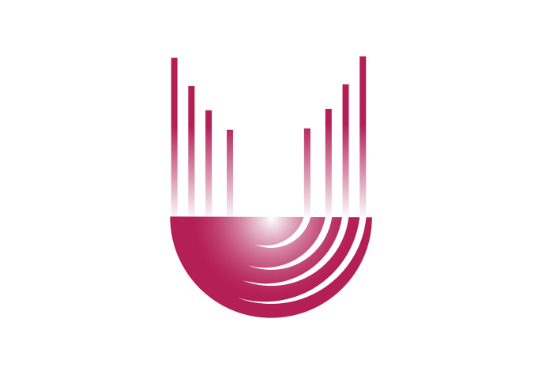Your risk factors for testicular cancer include:
- Age – more than half of men diagnosed are between the ages of 20 and 45
- Race – white men are more likely to have testicular cancer, and this cancer is rare in African Americans
- Family history – men who have a close relative with testicular cancer, particularly a brother, are at increased risk
- Your history – for every 100 people who have it in one testicle, two will develop cancer in the other testicle
- An undescended testicle – known as cryptorchidism, men who have this condition are at increased risk of developing testicular cancer
- HIV – men who have HIV are at slightly higher risk of developing testicular cancer
Symptoms may include:
- A lump, with or without pain, or swelling on your testicle
- Numbness, pain, or discomfort in the scrotum or a testicle, with or without swelling
- A feeling that your testicle has changed or heaviness in the scrotum
- An ache in your groin or lower abdomen
- Fluid buildup in the scrotum
- Tender or swollen breasts
- Lower back pain, shortness of breath, chest pain, and bloody sputum or phlegm – seek emergency care immediately
- Swelling in one or both legs
Men between the ages of 15 and 55 should perform a self-examination every month. After a warm shower, check for a lump, hardness, enlargement, pain, or
any other change in your testicles. If you think you may have testicular cancer, one of our providers will review your medical history, perform an
exam, and conduct some tests.
Men who are diagnosed with testicular cancer are frequently concerned about their long-term sexual health. Patients usually have the option to choose between
different treatment options, so our doctors work with patients to form the best plan with the latest treatments for each situation.
At Arkansas Urology, we’re here for you. Our patients’ health has been and will always be our top priority! Are you experiencing any testicular cancer
symptoms? Contact us today to schedule your appointment, or book your appointment online.


